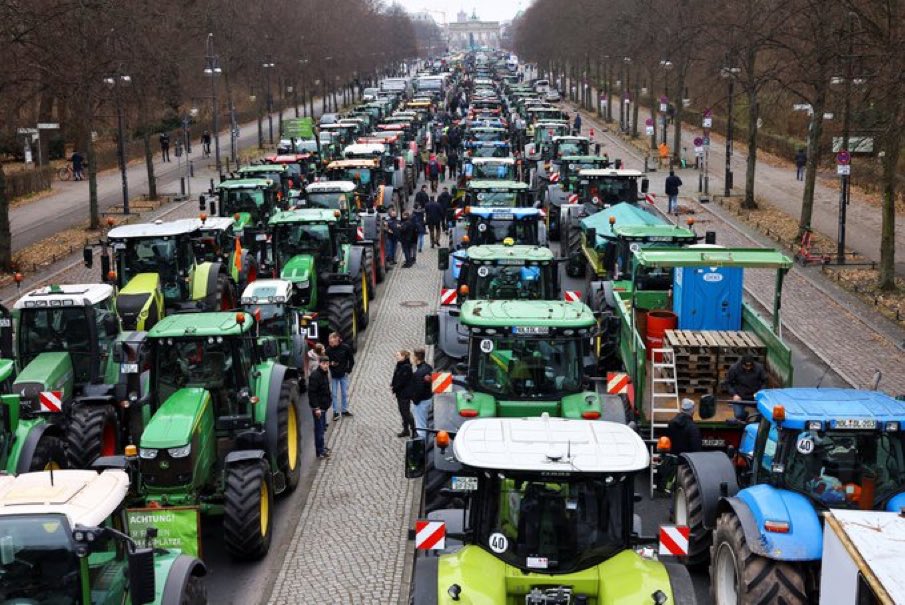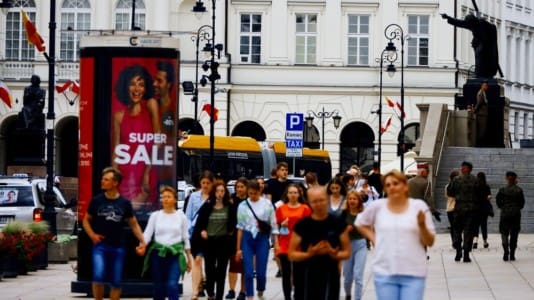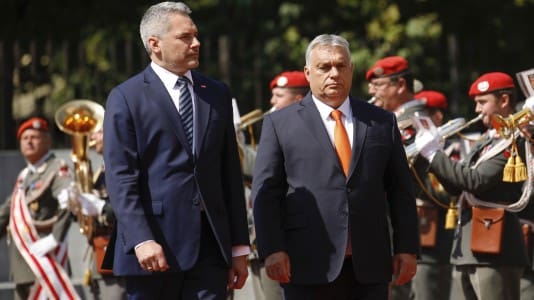In Germany, alongside demonstrating farmers, truck drivers and factory workers also drove their vehicles to the site of Monday’s demonstration in Berlin to voice their anger at the country’s ruling government. Berlin police estimate that well over 5,000 tractors and trucks along with tens of thousands of people arrived in the city center
“We want to ensure that road tolls and diesel prices are not increased. In addition, we are fighting to maintain our existing subsidies,” said one farmer, Hubertus Krupp, when asked why he was in attendance.
Severe economic problems, collapsing budgets, runaway migration and energy prices, and ongoing coalition disputes — this is the best way to sum up the current state of Germany’s left-wing government so far. Many of these mounting pressures have fueled more than a week of farmers’ demonstrations, and even once these protests are over, these issues are not going away.
In fact, in many ways, the farmers’ protests and their continuing demands, may mark the beginning of the end for the German government.
Public support for the SPD-Greens-Free Democrats coalition cobbled together by the Social Democrat Chancellor Olaf Scholz has virtually collapsed in the past two years, with the biggest winner being the anti-immigration Alternative for Germany (AfD), which has more than doubled its support. The left-wing government is, of course, doing very well on gender propaganda, but when it comes to more serious issues such as industrial and energy policy, they are running out of ideas. Scholz’s troubles were compounded by the complete collapse of the German budget following a Constitutional Court ruling in November.
Even as the government asks farmers to make sacrifices, the chancellor and his ministers are pushing for three new luxury helicopters that will cost a total of €200 million.
In a video message on Saturday, the German chancellor called for calm and cooperation. Scholz said that a good compromise had been reached, that farmers’ concerns had been taken into account and that some of the austerity proposals directed at farmers had been withdrawn. However, the protesters disagree and have announced that they will continue their protest actions.
In what many criticized as an effort to deflect attention away from the government’s growing list of failures, Cem Özdemir, the Greens’ agriculture minister, warned of “far-right figures” who want to see democracy rot away with their fantasies of overthrowing the government.
Free Democrat Finance Minister Christian Lindner reminded the protesting farmers of their responsibility to society: “Turn back, you have lost your way!”
Saskia Esken, leader of the Social Democratic Party (SPD), called the CDU opposition’s criticism of the governing coalition’s work “extremely dangerous.”
However, despite all the rhetoric, the vast majority of Germans, nearly 70 percent, say they support the farmers’ protests. Furthermore, two out of three Germans want early elections and a new government.
Will the German government collapse? Polls alone are one reason for Scholz to keep the coalition going until the bitter end, as all three parties are expected to suffer serious losses if elections were held today. The weakest point continues to be the FDP, which has been dragged down by its coalition partners to the point that it no longer obtains 5 percent in the polls, the minimum requirement to enter parliament. The party recently held a vote with its members about whether it should stay in the coalition or not, with members narrowly voting to keep the coalition going.
However, Scholz’s government has never been so weak. Lindner, who leads the FDP, may at some point decide to cut his losses and collapse the coalition. Although it may seem an unlikely scenario, the farmers represent a potent political force, and in terms of public perception of the left-liberal government, they may be the straw that breaks the camel’s back.






